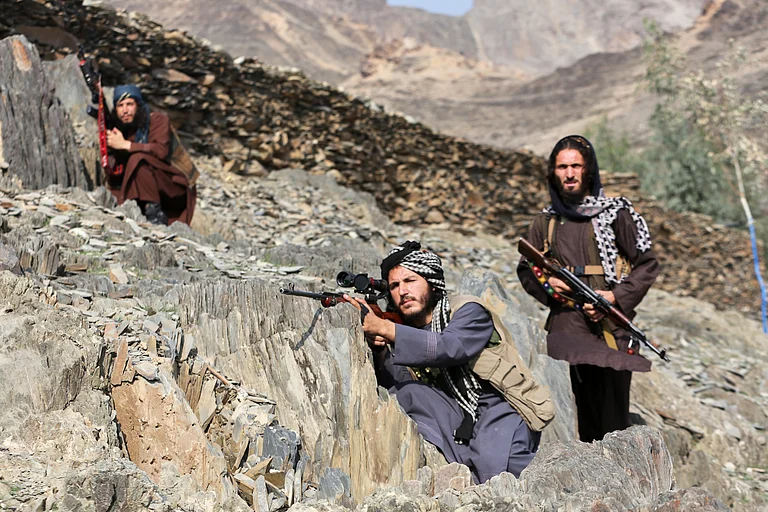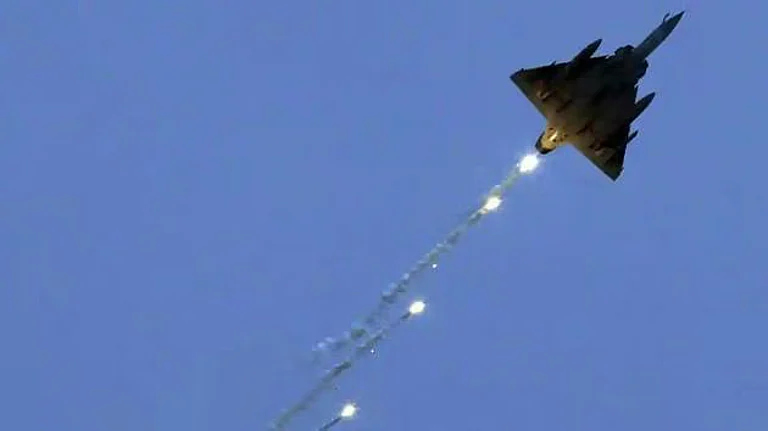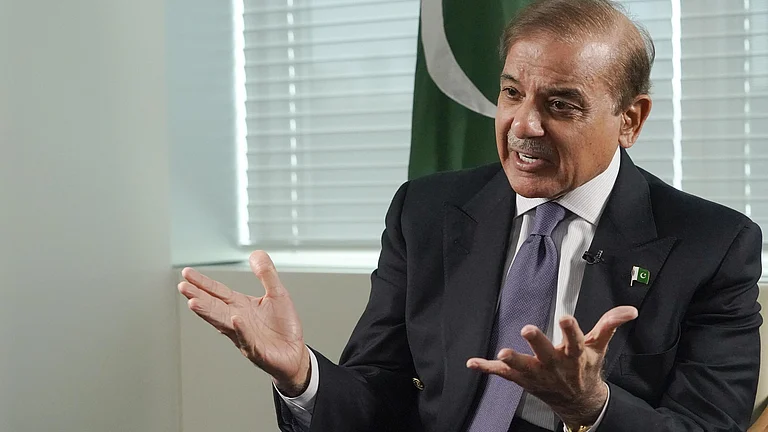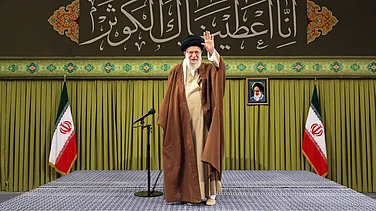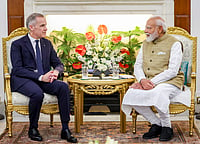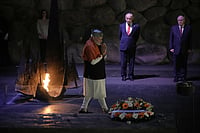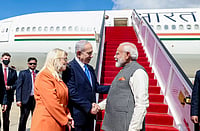
Summary of this article
After years of nurturing the Taliban to secure strategic depth in Afghanistan, Pakistan now finds itself at odds with the Kabul regime. The Taliban’s refusal to act against the Tehrik-e-Taliban Pakistan (TTP) — responsible for terror strikes inside Pakistan — has led to border clashes and a breakdown in ties.
Once a staunch opponent of the Taliban, India has quietly rebuilt contact with the regime since 2022 — reopening its embassy with a technical team, delivering humanitarian aid, and engaging in diplomatic dialogue. This marks a shift from New Delhi’s earlier stance of isolation to pragmatic engagement.
New Delhi’s outreach reflects a classic case of realpolitik — the enemy’s enemy is a friend. As Pakistan’s relationship with Kabul deteriorates, India is leveraging the opportunity to rebuild influence in Afghanistan, guided by strategic interests rather than ideology or past hostilities.
It’s déjà vu for Pakistan on the India-Afghanistan front. After all the hard work of forming the Taliban, arming the group and moulding it to serve what in the 90’s was touted as gaining ``strategic depth’’ in Afghanistan, things are back to square one. It is an uncomfortable turn of the wheel for Islamabad as New Delhi is quietly re-gaining a foothold in Taliban-controlled Afghanistan.
Four years ago in 2021, Pakistan was on a high, its long ambition of having a pro-Islamabad regime in Kabul was now a reality. India that had spread its wings in Afghanistan during the Hamid Karzai and Asraf Ghani decades would end. Imran Khan who was then prime minister hailed the return of the Taliban as throwing off the shackles of slavery. The famous photograph of Khan’s favourite general, Faiz Hameed, the then ISI chief, having a cup of tea with Taliban big-wigs in Kabul told the story of the day. He played a significant role in government formation and ensuring that Taliban factions stay together.
But those heady days when the Taliban turned to Pakistan for advice and support now appear a distant dream. The situation has steadily deteriorated since then because of Kabul’s support to the Tehrik-e-Taliban Pakistan(TTP), or as they are commonly referred to as the Pakistan Taliban. The TTP, emboldened by the return of the Taliban, believed that if the US, the most powerful military force in the world, could be defeated, the Pakistan government could be taken over. The TTP launched several terror strikes across Pakistan and fled across the border to Afghanistan. Pakistan has long accused Kabul of sheltering the TTP and allowing the group to operate from within Afghanistan. Since its formation in 2007, The TTP, like their Afghan brothers, has wanted to overthrow the government of Pakistan and establish its version of an Islamic emirate, based on a rigid interpretation of Sharia law.
Despite repeated requests by Islamabad to rein in the TTP, the Taliban turned a deaf ear and continued to harbour the leaders of the group. Add to this the historical problems created by the legacy of British rule, when an English officer Mortimer Durand separated Afghanistan from Pakistan in 1893, by the 2,640 kilometer boundary named after him. While that served the interests of the Empire at that time, it divided the Pashtun region, and clansmen and families were separated. The Durand line has always been a problem between the two countries, with the crossing into Pakistan closed in times of tension. The territory became a hub for terrorist outfits, violent insurgent groups and criminal organizations.
Pakistan’ delight in having the Taliban back in control of Afghanistan was short-lived when the new rulers in Kabul asserted their independence and refused to comply with Pakistan's pleas of halting the TTP. The simmering tension built up for months and weeks finally resulted in violent clashes on border areas last week. The first major clashes coincided with the first ever visit of Taliban’s foreign minister Amir Khan Muttaqi to India. The deadly clashes, where the Pakistan airforce bombed several targets inside Afghanistan, led to efforts by regional leaders to restrain both sides. An initial 48-hour ceasefire announced in Doha , has now been extended indefinitely as both sides are hoping to put in place mechanisms to hold the peace. The next meeting between the two sides is slated for October 25 in Istanbul.
All through these months, Islamabad has constantly accused India of being in cohorts with the Taliban and acting against Pakistan. Prime Minister Shehbaz Sharif believes that New Delhi instigated the Taliban to attack Pakistan. His cabinet colleagues have repeated the charges and on Saturday Field Marshal Asim Munir, vowed ``every proxy of our neighbour will be razed to dust cautions Indian military leadership there is no space for war in a nuclearised environment urges India to settle core issues with Pakistan as per international norms India continues with state sponsored terrorism as a preferred policy after having failed in its belligerence against Pakistan India’s use of Fitna al-Hind and Fitnah al-Khawarij as hired guns exposes its hypocritical and heinous face to the world,’’ the Nation, Pakistan’s English daily reported.
Fitna al-Hind and Fitnah al-Khawarij, are the two groups that Pakistan says are India’s proxies. New Delhi denies the charges and says Pakistan has a habit of blaming others for its own omissions.
India as is well known had consistently opposed the Taliban in the past. It supported the anti-Taliban Northern Alliance when the group was ruling in Kabul the first time. Even after the US and the Taliban signed an agreement, and every other nation scrambled to get in touch with the Taliban, India refused. Russia had urged India that with the Taliban returning to power in Kabul, it would be good for New Delhi to engage with the group. India, at that time viewed the Taliban as virulently anti-Indian and the Haqqani brothers were responsible for several attacks on Indian interests in Afghanistan. The Haqqani network had targeted the Indian mission in Kabul twice, killing a defence attache and a young diplomat.
But the honeymoon was short-lived. Kabul’s refusal to act against the Tehrik-e-Taliban Pakistan (TTP) — now emboldened by its Afghan cousins’ success — triggered a rapid deterioration in ties.
However, within a year of the Taliban’s return to power, New Delhi began engaging with the group. A technical team started operations in the embassy, India continued to send humanitarian aid to Afghanistan after a deadly earthquake earlier this year. Relations steadily improved when for the first time the Taliban condemned the terror attack in Pahalgam. Immediately afterwards, foreign minister Jaishankar Subramanyam called his Afghan counterpart Muttaqi to thank him for the support. The foreign minister’s trip led to the announcement that the embassy in Kabul would soon be upgraded to a full fledged mission. However that does not mean that India is recognising the new Taliban government. That formality will take time, but relations between the Taliban government and New Delhi are on the upswing.
Diplomats defend New Delhi’s move by saying that India’s relations with the people of Afghanistan are historic and age-old. But the fact remains, that your enemy's enemy is your friend. So despite reservations about the past and concerns over Taliban's treatment of women, New Delhi and Kabul have reset ties and they are bound to grow. “The enemy’s enemy is a friend” is an age-old maxim of geopolitics. The China-Pakistan partnership exemplifies it, and India’s recent outreach to the Taliban fits the same mold. Driven by realpolitik rather than sentiment, New Delhi’s approach recognises that in strategic affairs, there are no permanent friends or foes — only enduring interests.





